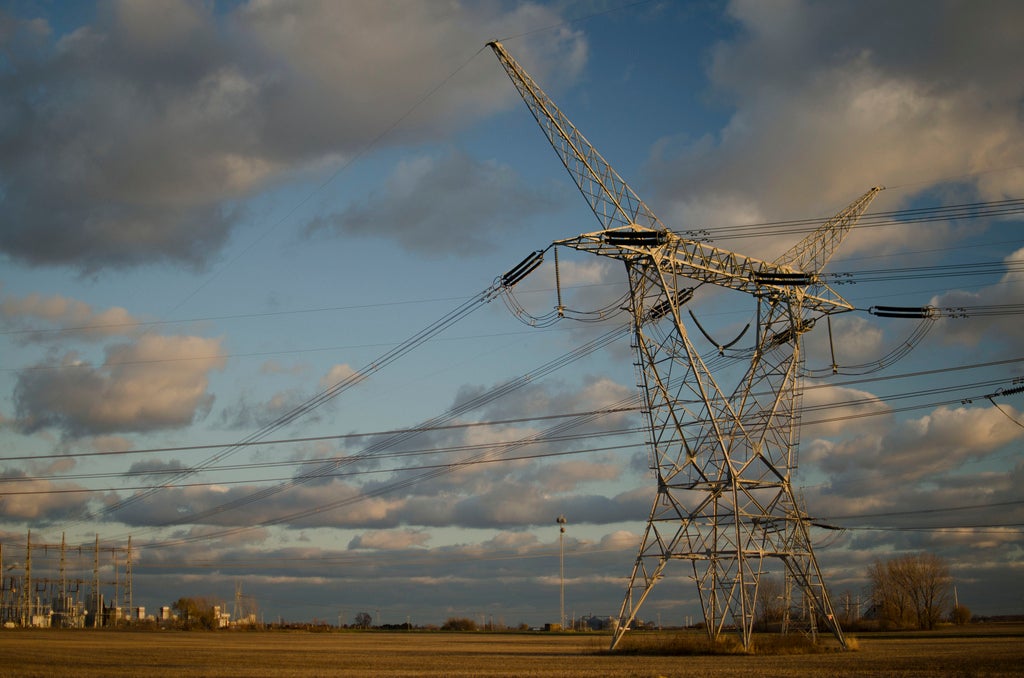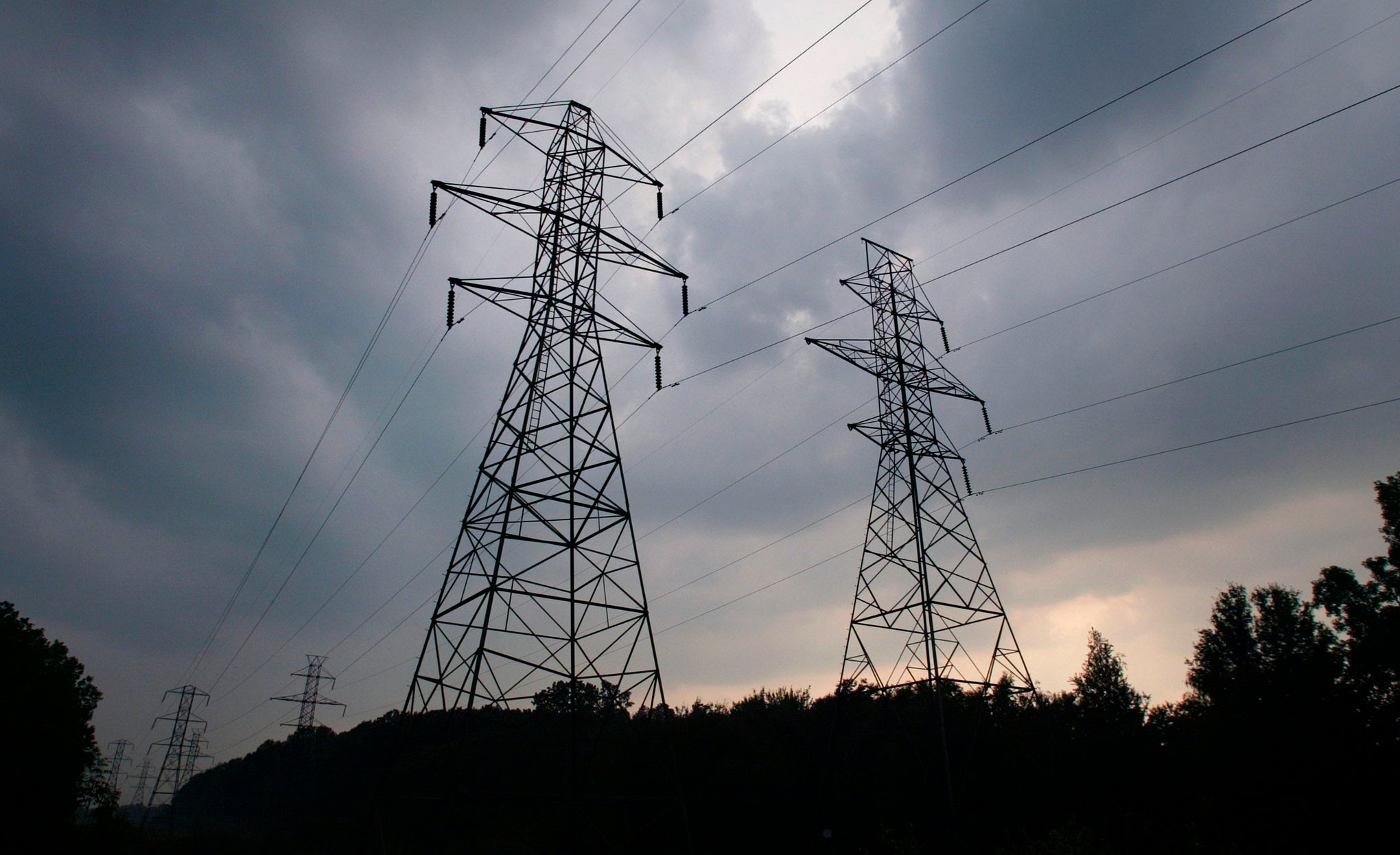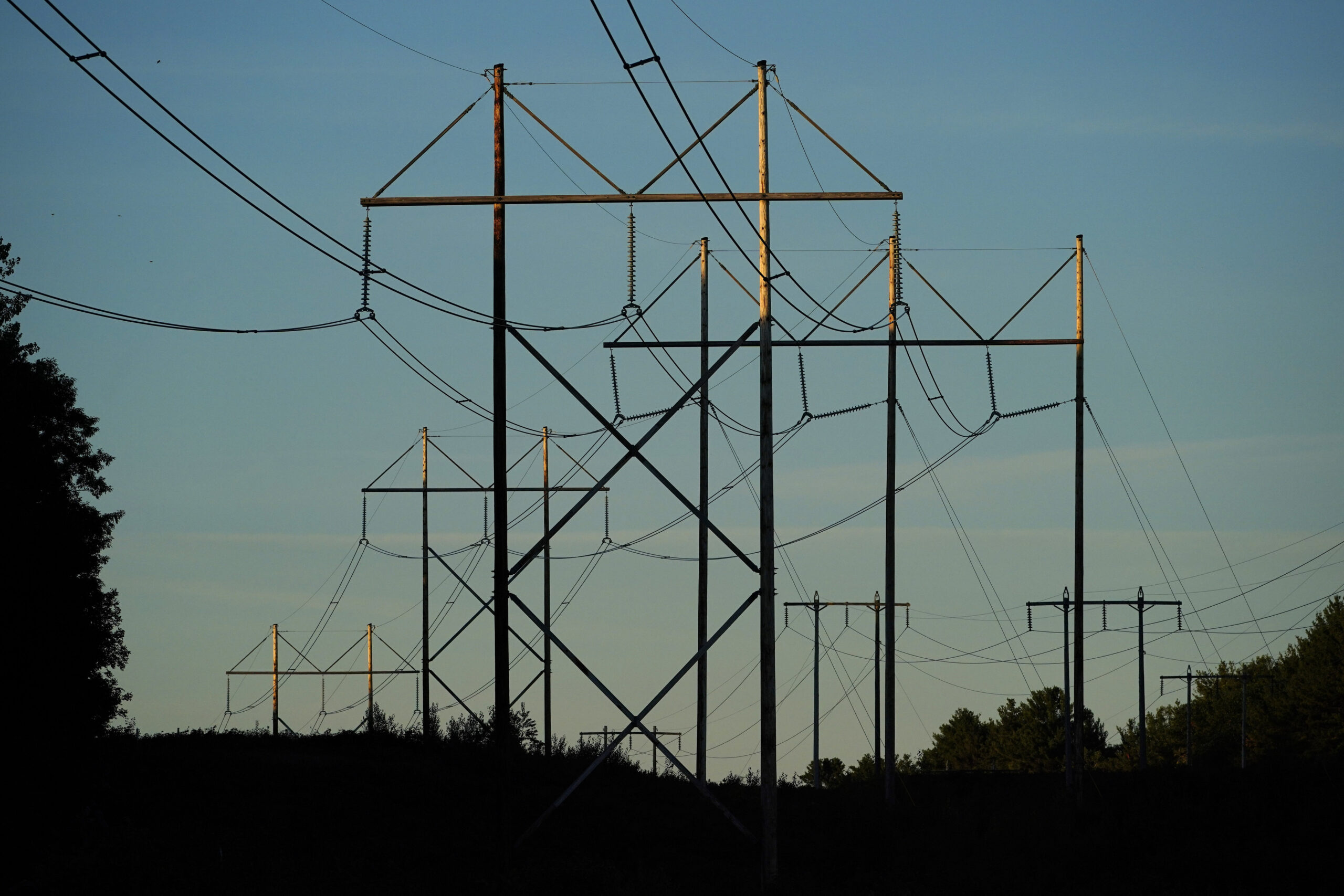Utility companies in Wisconsin are split on their support of AB774: a bill that could change the way the Department of Natural Resources issues permits for transmission line projects.
When a utility or transmission company wants to build power lines, part of the process involves getting permits from the DNR. The agency examines if a project affects navigable waterways or if there will be any environmental impacts.
The proposed bill could change that process. It would require the DNR to grant or deny a permit within 30 days, a process that can now take months. The bill would only allow the DNR to request more information on a project once.
Stay informed on the latest news
Sign up for WPR’s email newsletter.
Xcel Energy and Dairyland Power Cooperative support the bill. Xcel Regional Government Affairs Director Matt Pagel says it’ll help streamline the permitting process and save time.
“We’re not trying to restrict the amount of information, but if we keep going down the information path, it takes longer to site, which then costs more money, which we pass on to ratepayers,” Pagel said.
But not all utilities are on board, as seen in the GAB’s lobbying report on the bill. WE Energies, Alliant Energy, and Madison Gas & Electric oppose the bill. Some say the current system works just fine.
American Transmission Company owns most of the state’s power lines. Spokeswoman Anne Spaltholz says they’re concerned the bill could reduce the DNR’s involvement in the permitting process, which could have environmental implications.
“This legislation could possibly undo the successful coordination that currently occurs among the DNR, the PSC applicants, and the public when siting and routing transmission lines and getting approval for those,” Spaltholz said.
Bill supporters say it would not reduce environmental regulations.
Wisconsin Public Radio, © Copyright 2024, Board of Regents of the University of Wisconsin System and Wisconsin Educational Communications Board.






